Why Drains Keep Blocking During Covid-19
Don’t fall victim to a clogged drain like others..
Like most Americans, you have been following the COVID-19 recommendations to clean and sterilize countertops, doorknobs, faucets and other frequently used surfaces in your home. There is a problem with all this wiping; many people are flushing used disinfectant wipes and paper towels down their toilet.
Can you really flush wipes down the toilet?
Lately, we have had an increase in customers calling with clogged drains and main sewers from flushable wipes, the worst was a clogged sewage pump that needed to be completely replaced. Beware, flushable wipes should not be flushed down your toilet. While technically the labeling is accurate, you can flush these wipes down a toilet. That doesn’t mean it’s a good idea. They may go down the toilet but they don’t dissolve like toilet paper.
What can you flush down the toilet?
The only thing that should be flushed down a toilet is liquid and solid waste from your body and toilet paper. By design toilet paper disintegrates quickly. You can try a quick experiment by wetting a piece of toilet paper and rubbing it between your fingers. It falls apart instantly. Try that with wipes or even your favorite paper towel! Unlike toilet paper, wipes and paper towels are designed to hold up to wiping away spills and light-duty cleaning. Now imagine these heavy-duty paper products trying to pass through the piping in your house drains and outside through the buried sewer line or outside through the city sewer to the sewage plant.
In addition, cities across the country are experiencing backups and overflows at wastewater treatment facilities. It has become a serious issue. Most city sewage systems rely on gravity and water flow to move toilet paper and waste. They were not designed to accommodate thick wipes and paper towels, which do not break down as easily and clog the system.
Of course, if you get a backup we’re here to help, we offer drain cleaning, sewer cleaning, repairs and more. We have sewer equipment to unclog small drains in the house or the larger main going to the street. Call us to ask about drain cleaning: 860-225-1534
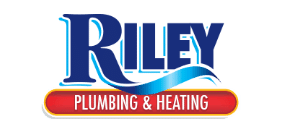
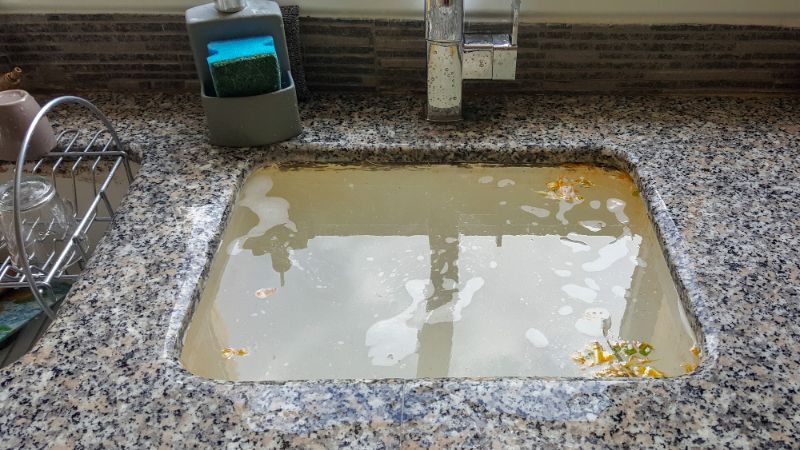
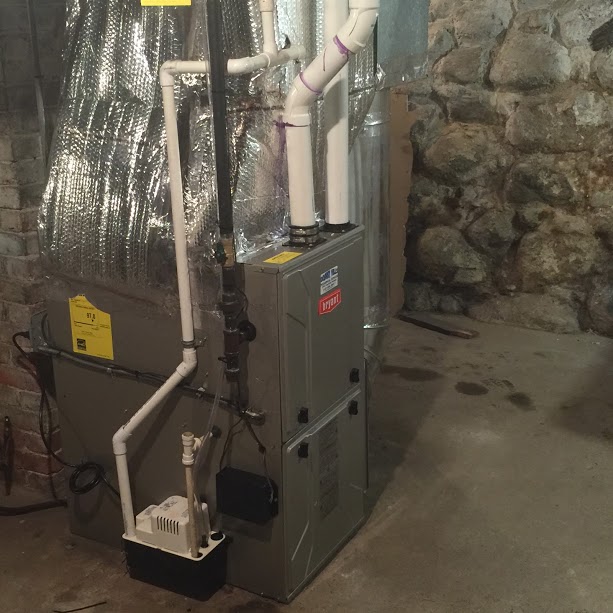
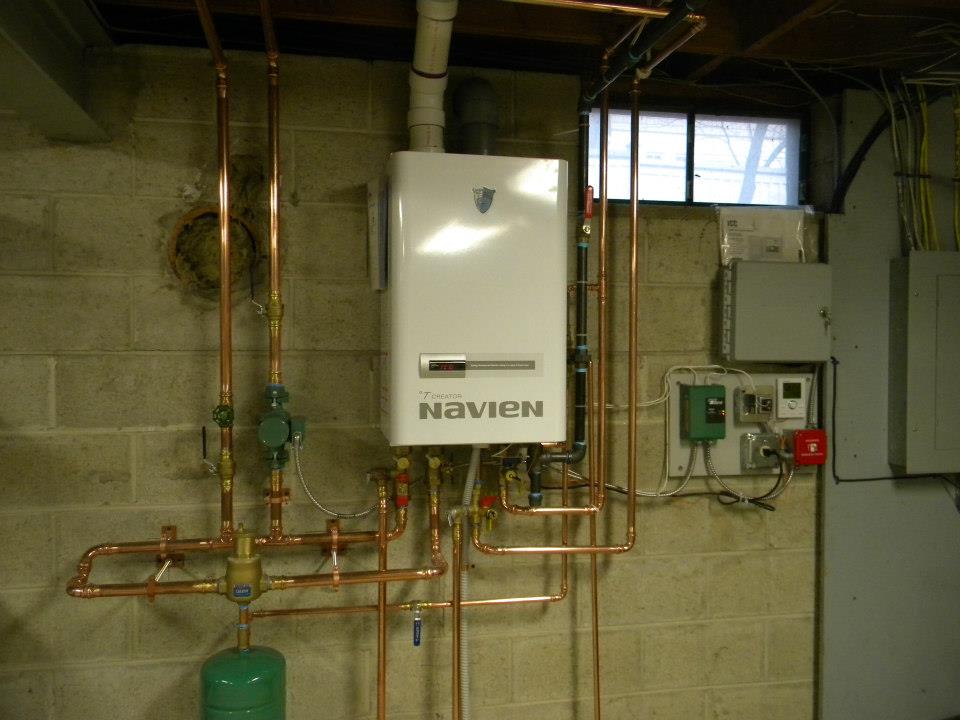
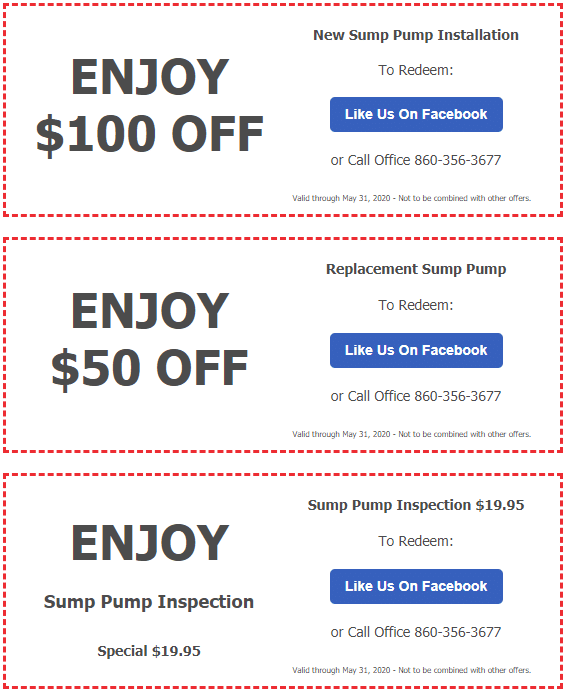
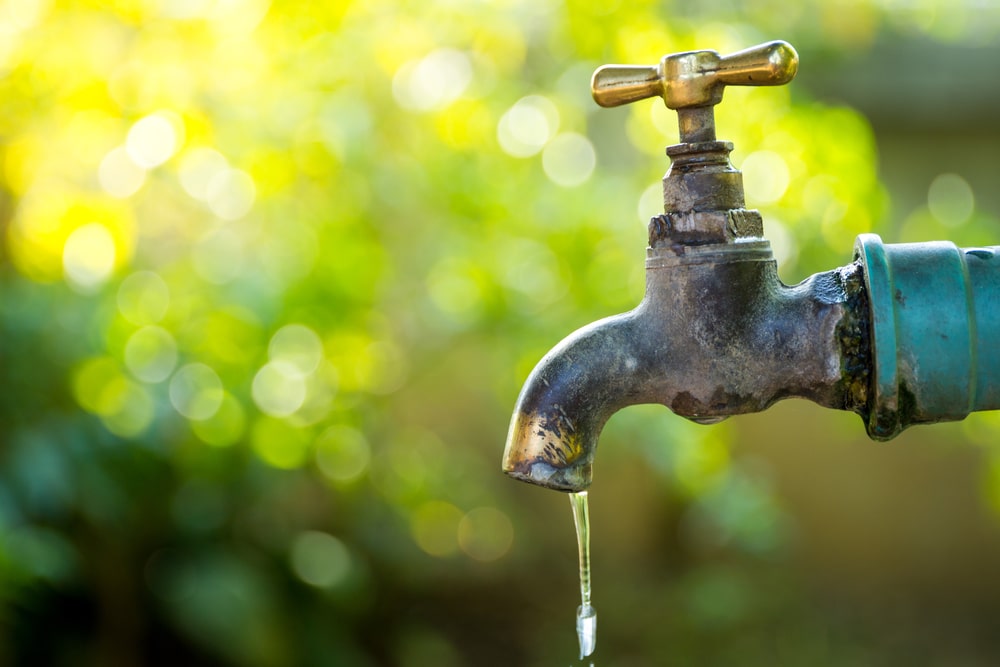
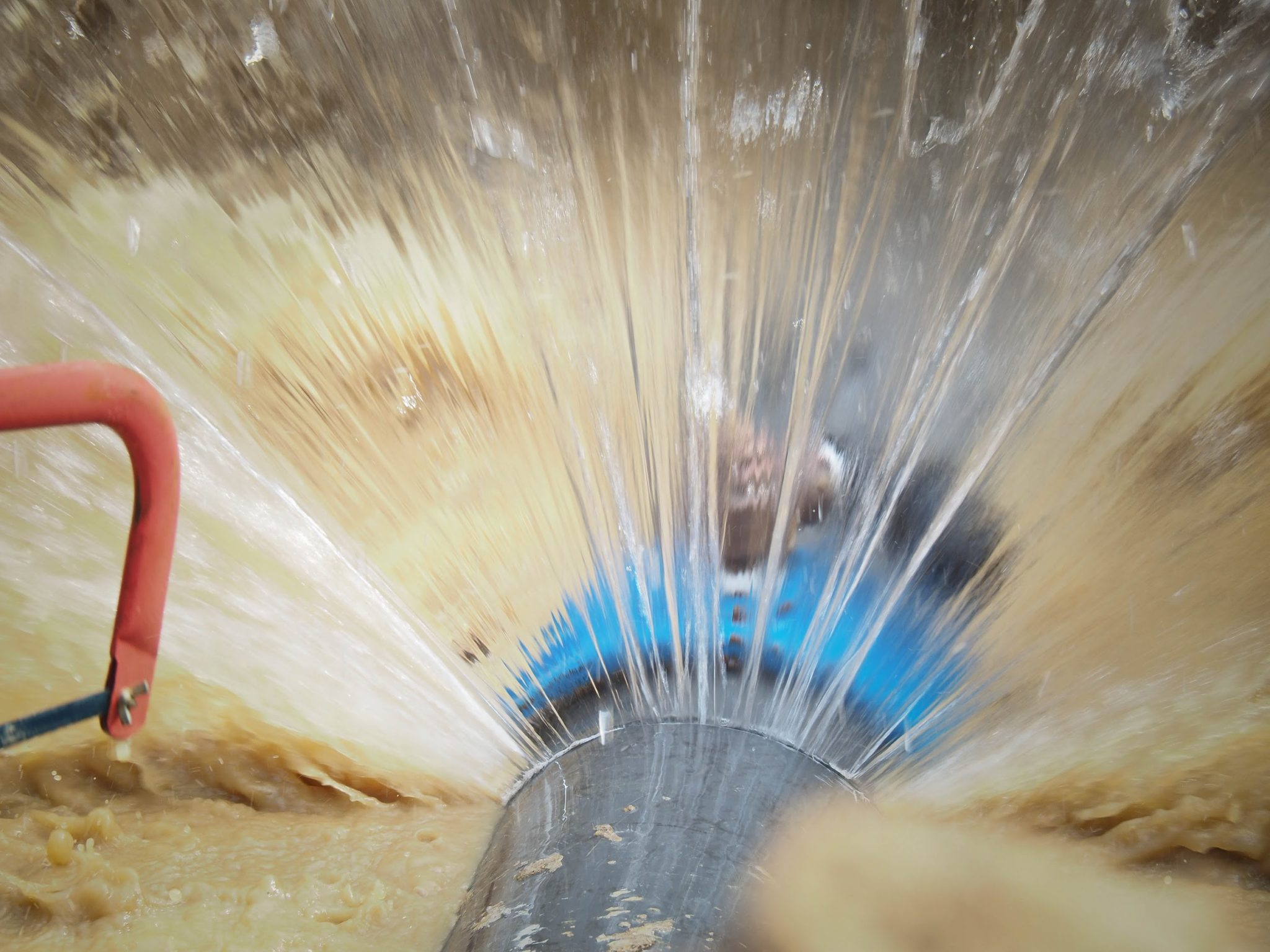



Recent Comments